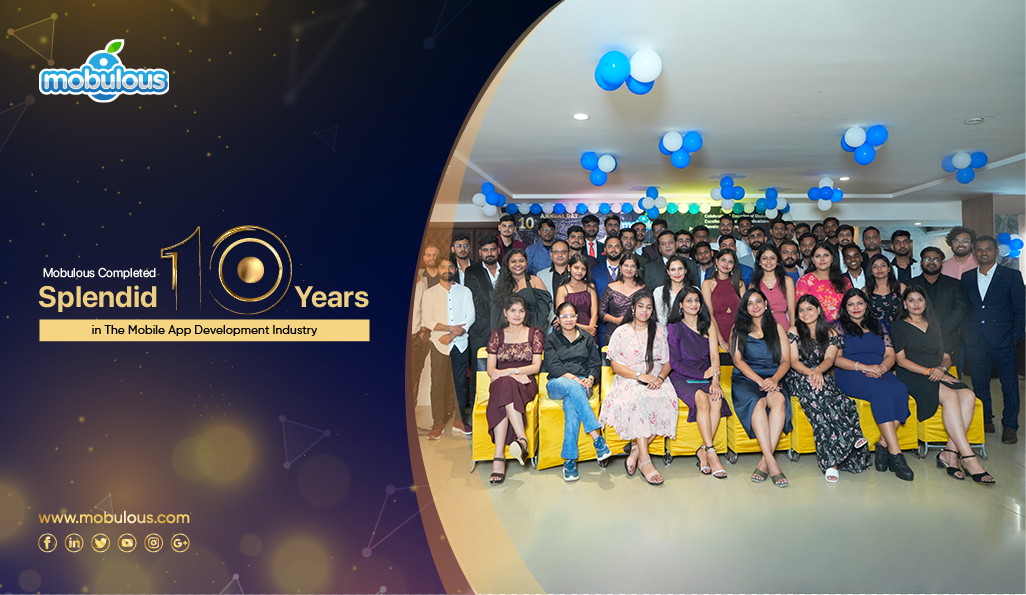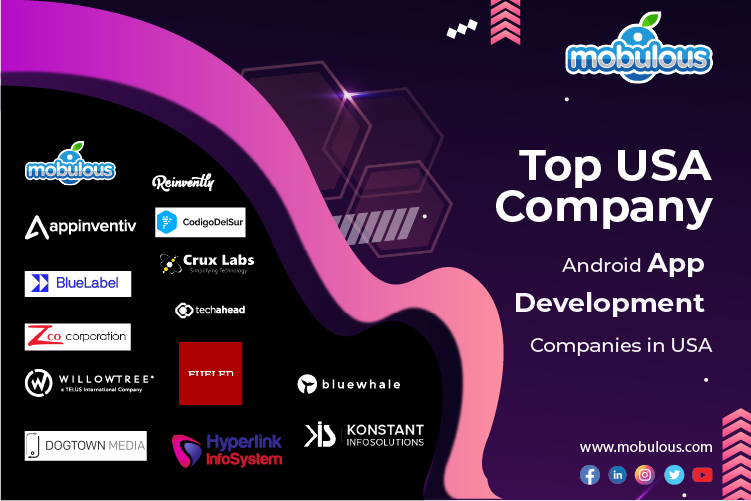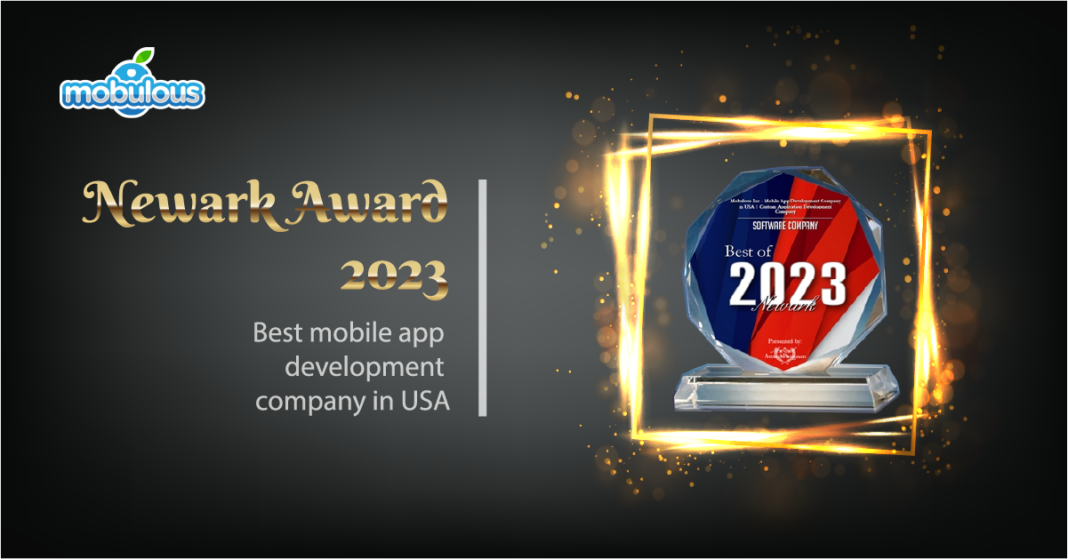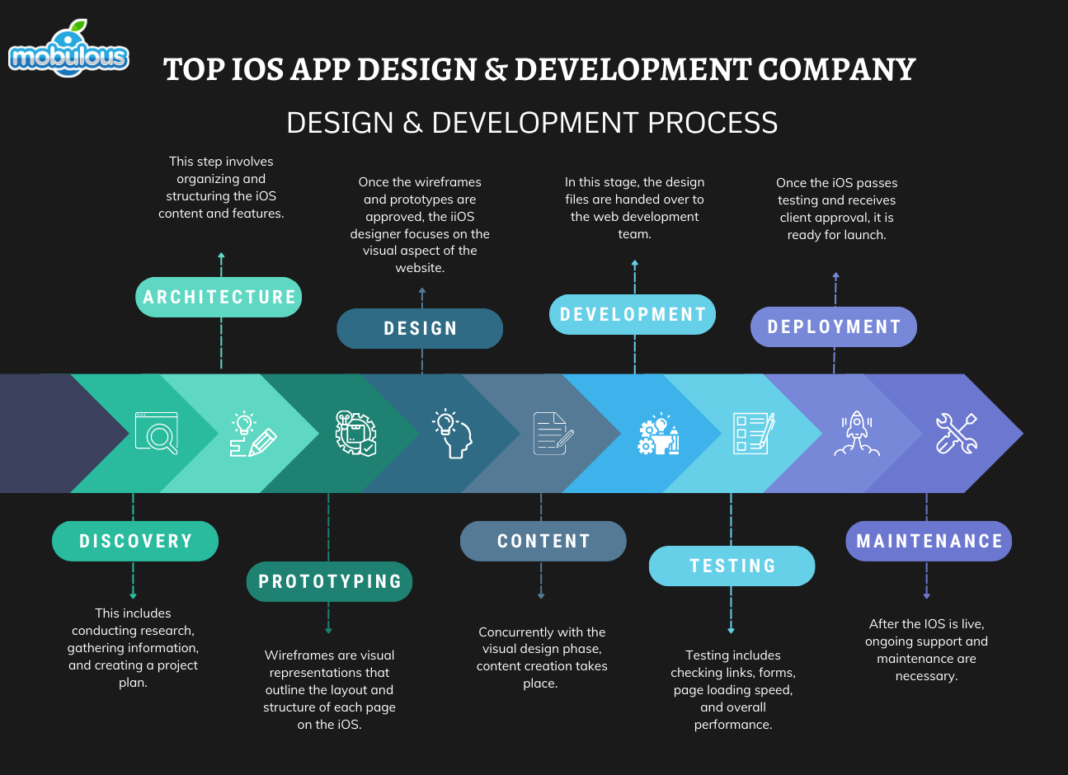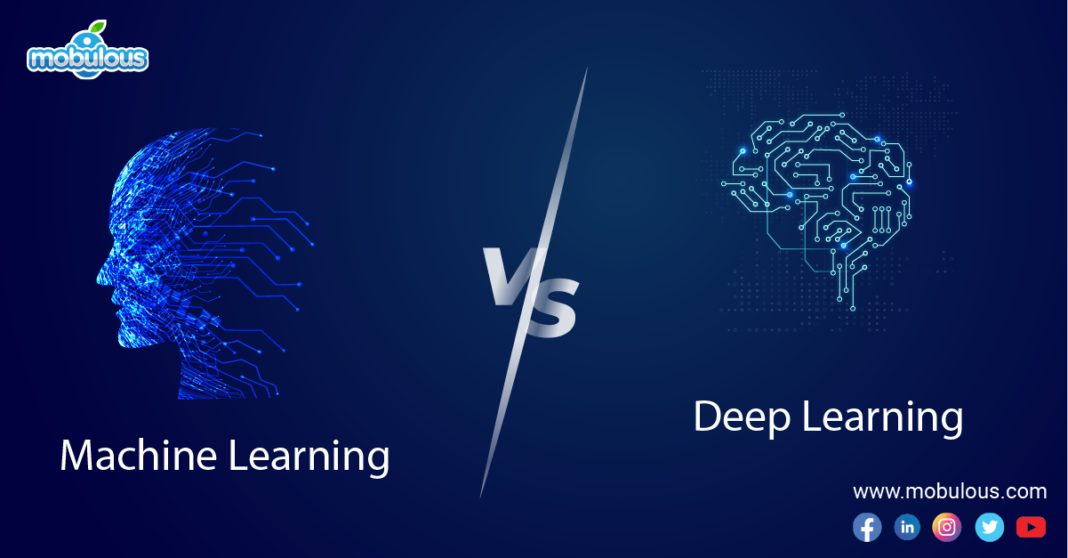What Are E-Commerce Apps?
E-commerce applications are online platforms that allow businesses to sell products and services digitally through mobile and web interfaces.
These apps provide a comprehensive shopping experience, enabling customers to search catalogs, make secure purchases, track orders, compare products, and interact with brands directly from their smartphones or computers, transforming traditional retail commerce into a seamless digital marketplace.
Benefits of E-Commerce App Development
Digital transformation has revolutionized retail, making e-commerce apps highly important for businesses that are looking to expand their market reach and enrich customer engagement through technological innovation. The highly essential benefits of e-commerce app development are explained below:
1. Global Market Accessibility
E-commerce app development eradicates geographical limitations that enable businesses to reach customers globally without physical store constraints.
These platforms provide 24/7 accessibility that enables customers to shop anytime and anywhere. This significantly expands market potential and breaks conventional retail boundaries.
2. Improved Customer Experience
Mobile apps offer personalized shopping experiences through intelligent recommendations, intuitive interfaces, and simplified navigation.
Sophisticated features, including quick customer support, real-time product searches, and seamless payment options create a more engaging and convenient shopping environment.
3. Cost-Efficient Business Model
E-commerce app development reduces operational expenses by reducing physical infrastructure necessities, simplifying inventory management, and automating different business processes.
Online platforms permit effective resource allocation and lower overhead costs compared to conventional brick-and-mortar retail establishments.
4. Data-Driven Insights
Robust analytics integrated into shopping mobile apps provide extensive customer behavior insights, allowing businesses to understand preferences, build targeted marketing strategies, and track purchasing patterns.
These data-driven approaches foster more efficient decision-making and personalized customer experiences.
5. Scalability and Flexibility
Online shopping platforms offer unparalleled scalability that enables businesses to instantly adapt product offerings, expand market segments, and adjust pricing.
E-commerce applications provide flexible growth opportunities across various industries and market segments.
Main Purpose of E-Commerce Apps
E-commerce applications serve as comprehensive digital marketplaces that connect businesses directly with customers, fostering seamless online transactions.
These platforms simplify the buying process, enable secure payment methods, provide convenient product discovery, and offer personalized shopping experiences that transcend conventional retail limitations.
How Does E-Commerce App Improve The Shopping Experience?
E-commerce apps revolutionize shopping by offering personalized recommendations, intuitive interfaces, and seamless navigation. Customers enjoy instant product comparisons, real-time inventory checks, secure payment options, and convenient delivery tracking.
Advanced features like augmented reality fitting rooms and one-click purchases transform traditional shopping into a more efficient, engaging, and user-friendly digital experience.
What Platforms The Shopping Apps Are Available On?
Digital platforms have transformed mobile commerce, offering multiple technological approaches to reach diverse consumer segments across various devices and operating systems.
1. iOS Applications
iOS mobile applications provide a premium user experience through Apple's robust ecosystem, targeting iPhone and iPad users with high-performance, secure mobile shopping platforms.
iOS app development is done by leveraging Swift programming language, these apps leverage advanced iOS frameworks to deliver seamless, visually appealing interfaces with optimized performance and enhanced user engagement.
2. Android Applications
Android applications offer extensive market reach by supporting a wide range of smartphones and tablets across multiple manufacturers.
Android app development is done using Kotlin or Java, these apps provide flexible customization, adaptable interfaces, and compatibility with diverse device specifications, enabling businesses to target a massive global consumer base.
3. Web Applications
Web applications deliver universal accessibility through browser-based platforms, functioning across multiple devices without requiring specific software installations.
Web application development utilizes responsive design technologies like React.js, Angular.js, and Vue.js, these applications provide consistent shopping experiences across desktops, tablets, and mobile browsers.
4. Cross-Platform Applications
Cross-platform applications enable simultaneous development for multiple operating systems using frameworks like React Native and Flutter.
These solutions reduce development time and cost, provide consistent user experiences, and allow businesses to efficiently deploy applications across iOS, Android, and web platforms.
How to Create Robust E-Commerce Apps?
Developing successful e-commerce applications requires strategic planning, technological expertise, and a comprehensive understanding of user expectations and market dynamics.
1. Comprehensive Market Research
Conduct thorough market analysis to identify target audience preferences, emerging trends, and competitive landscapes. Understanding consumer behavior, technological expectations, and industry-specific requirements ensures the development of a relevant and competitive e-commerce application.
2. User-Centric Design
Create intuitive, visually appealing interfaces that prioritize user experience and ease of navigation. Implement responsive design principles, streamline purchase processes, and develop clear, engaging user journeys that minimize friction and maximize conversion potential.
3. Robust Backend Infrastructure
Develop scalable backend architectures using modern technologies like Node.js, microservices, and cloud platforms. Ensure high performance, security, and flexibility by implementing efficient database management, API integrations, and advanced caching mechanisms.
4. Advanced Security Implementations
Integrate comprehensive security protocols including data encryption, multi-factor authentication, fraud detection systems, and compliance with international security standards. Protect user data, and financial information, and maintain trust through rigorous security frameworks.
5. Performance Optimization
Implement performance enhancement techniques such as code optimization, efficient caching strategies, lazy loading, and minimized resource consumption. Ensure fast loading times, smooth interactions, and responsive experiences across various devices and network conditions.
6. Continuous Testing and Iteration
Establish continuous testing methodologies including unit testing, integration testing, and user acceptance testing. Regularly analyze performance metrics, gather user feedback, and iteratively improve application functionality, user experience, and technological capabilities.
Right Technology Stack For E-Commerce App Development
Selecting the most appropriate e-commerce app development technology stack is extremely important for ensuring secure, user-friendly, and highly scalable e-commerce mobile applications. The most crucial technology stack for shopping app development is mentioned below comprehensively:
1. Frontend Technologies (User Interface)
The front end of an e-commerce app directly impacts user experience (UX). It should be fast, responsive, and intuitive.
- Frameworks/Libraries:
- React.js: Ideal for building dynamic, single-page applications with reusable components.
- Angular.js: A robust framework for complex applications with strong data-binding features.
- Vue.js: Lightweight and flexible, suitable for simple yet efficient interfaces.
- Mobile Frontend:
- React Native or Flutter: For cross-platform apps with near-native performance.
- Swift (iOS) and Kotlin (Android): For platform-specific apps.
2. Backend Technologies (Server-Side)
The backend manages the app's core logic, database interactions, and server-side operations.
- Programming Languages:
- Node.js: Node.js is a non-blocking architecture ideal for handling a large number of simultaneous requests.
- Python (Django/Flask): Known for rapid development and flexibility.
- Java (Spring Boot): Suitable for enterprise-level applications needing high security and scalability.
- Ruby on Rails: Simplifies development with its conventions and pre-built modules.
- Architecture:
- Monolithic: Suitable for small apps with less complexity.
- Microservices: Recommended for larger apps to ensure modularity and scalability.
3. Database
The database stores product catalogs, user data, and transactional information.
- Relational Databases (SQL):
- MySQL or PostgreSQL: For structured data and complex queries.
- NoSQL Databases:
- MongoDB: Ideal for unstructured or semi-structured data.
- Cassandra: Great for high availability and distributed systems.
4. Payment Integration
Secure payment handling is critical in e-commerce.
- Payment Gateways:
- Stripe, PayPal, Razorpay, or Square: For reliable and global payment processing.
- Ensure compliance with PCI-DSS standards for secure transactions.
5. APIs and Third-Party Services
Integrations enhance functionality and reduce development time.
- APIs for Shipping: FedEx, DHL, Shippo.
- Social Login APIs: Google, Facebook, Apple.
- Analytics APIs: Google Analytics, Mixpanel.
6. Hosting and Cloud Services
Reliable hosting ensures uptime and performance.
- Cloud Platforms:
- AWS, Google Cloud Platform (GCP), or Microsoft Azure: For scalable and secure cloud infrastructure.
- CDNs (Content Delivery Networks): Cloudflare, Akamai, for the fast delivery of static assets.
7. Security
Security is non-negotiable for e-commerce apps.
- Encryption: HTTPS (SSL/TLS) for secure data transmission.
- Authentication: OAuth 2.0 for secure user authentication.
- Fraud Prevention: Tools like Sift or FraudLabs Pro.
8. Additional Tools
- DevOps: Docker, and Kubernetes for containerization and deployment.
- Version Control: Git for source code management.
- Monitoring Tools: New Relic, and Splunk for real-time app monitoring.
Factors to Consider When Choosing a Tech Stack
In order to select the right technology stack for cutting-edge e-commerce app development, then make sure to consider the four common questions or factors given below that will surely help you select the best of them.
- Scalability: Can the stack handle growth in traffic and data volume?
- Development Speed: Does it offer frameworks or tools for rapid development?
- Community Support: Is there active support and documentation available?
- Cost: Is it within the project budget, including licenses or hosting?
Can A Monolithic Or Microservices Architecture Be Used For Scalability?
Both monolithic and microservices architectures offer unique scalability approaches for e-commerce applications. Monolithic architectures provide simpler development and deployment, while microservices enable more flexible, independently scalable components.
The choice depends on specific project requirements, anticipated growth, complexity, and resource constraints.
How to Securely Integrate Multiple Payment Gateways?
Implementing secure and versatile payment integration strategies requires comprehensive technological expertise and strategic planning. Therefore, we come up with an extensive step-by-step process for integrating multiple payment gateways seamlessly and securely. These steps are mentioned below:
1. Implement robust encryption protocols for transaction security.
2. Use tokenization to protect sensitive payment information.
3. Maintain PCI DSS compliance for payment processing standards.
4. Integrate multiple payment gateway APIs securely.
5. Implement server-side validation for transaction processing.
6. Use secure, certified third-party payment integration libraries.
7. Develop comprehensive error handling and transaction monitoring.
Which Authentication Methods Should Be Implemented in the E-Commerce Apps?
Robust authentication mechanisms are essential for safeguarding user identities, preventing unauthorized access, and securing sensitive information in modern e-commerce and shopping applications. The most crucial authentication methods that should be implemented in ecommerce applications are mentioned below:
1. Email and Password Authentication
Traditional email and password authentication provides a fundamental layer of security through unique user credentials. Implement strong password requirements, including minimum length, complexity rules, and password strength indicators.
Include features like password reset, account lockout after multiple failed attempts, and secure password storage using advanced hashing techniques.
2. Social Media Authentication
Social media authentication enables convenient login through existing platform credentials from providers like Google, Facebook, and Apple.
This method reduces friction during user registration, leverages established identity verification processes and provides a streamlined onboarding experience. Implement secure token-based authentication and comprehensive permission management.
3. Two-Factor Authentication (2FA)
Two-factor authentication adds an extra security layer by requiring additional verification beyond password entry. Implement multiple 2FA options including SMS codes, email verification, authenticator apps, and biometric confirmations.
This approach significantly reduces unauthorized access risks by creating multiple identity verification checkpoints.
4. Biometric Authentication
Biometric authentication utilizes unique physical characteristics like fingerprints, facial recognition, and voice identification for secure user verification.
Leverage device-native biometric technologies to provide seamless, high-security login methods. Ensure comprehensive encryption and secure storage of biometric data to protect user privacy.
5. Single Sign-On (SSO)
Single sign-on authentication allows users to access multiple applications using one set of credentials across integrated platforms.
Implement centralized authentication servers, secure token exchange mechanisms, and comprehensive access management. This approach simplifies user experience while maintaining robust security protocols.
What Measures Should Be Taken To Prevent Data Breaches Or Cyberattacks?
Safeguarding digital assets requires a comprehensive and multi-layered approach to cybersecurity that expects and mitigates potential threats and vulnerabilities. Below are the essential measures that should be taken in order to prevent data breaches or cyberattacks:
1. Advanced Encryption Protocols
Implement end-to-end encryption for all sensitive data transmissions, utilizing advanced algorithms like AES-256.
Encrypt data at rest and in transit, protecting user information, financial details, and critical application data from potential unauthorized access and interception attempts.
2. Regular Security Audits
Conduct comprehensive security audits and penetration testing to identify and address potential vulnerabilities.
Utilize automated scanning tools and manual testing techniques to evaluate system weaknesses, assess potential breach points, and develop proactive mitigation strategies.
3. Intrusion Detection Systems
Deploy sophisticated intrusion detection and prevention systems that monitor network traffic, identify suspicious activities, and automatically block potential cyber threats.
Implement real-time alert mechanisms, comprehensive logging, and advanced machine learning algorithms to detect anomalous behavior patterns.
4. Secure API Management
Implement robust API security protocols including authentication tokens, rate limiting, and comprehensive access controls.
Validate and sanitize all incoming API requests, use HTTPS for secure communication, and regularly update API authentication mechanisms to prevent unauthorized access.
5. Continuous Security Updates
Maintain a proactive approach to security by implementing continuous updates, patch management, and vulnerability assessments.
Stay informed about emerging cybersecurity threats, update software dependencies, and rapidly address identified security vulnerabilities across the entire application ecosystem.
6. Comprehensive Backup Strategies
Develop comprehensive data backup and recovery strategies to ensure business continuity during potential security incidents.
Implement redundant storage systems, encrypted backup solutions, and automated disaster recovery protocols to minimize potential data loss risks.
What Third-Party APIs Are Required For E-Commerce App Development?
Third-party APIs improve e-commerce mobile apps by providing specialized functionalities, simplifying complex business processes, and integrating advanced features. The highly crucial third-party APIs required for e-commerce app development are given below comprehensively:
1. Payment Gateway APIs
Integrate secure payment gateway APIs from providers like Stripe, PayPal, and Square to enable diverse payment options.
Implement robust transaction processing, support multiple currencies, ensure PCI DSS compliance, and provide seamless, secure financial transaction capabilities.
2. Shipping and Logistics APIs
Integrate shipping and logistics APIs from carriers like FedEx, UPS, and DHL to provide real-time shipping rates, track packages, and automate shipping label generation.
Enable precise delivery estimates, multiple shipping method selections, and comprehensive order fulfillment capabilities.
3. Product Search and Recommendation APIs
Implement advanced product search and recommendation APIs to enhance user experience and increase conversion rates.
Utilize machine learning algorithms to provide personalized product suggestions, implement intelligent search functionalities, and create dynamic, context-aware recommendation systems.
4. Analytics and Marketing APIs
Integrate comprehensive analytics and marketing APIs to track user behavior, generate insights, and optimize marketing strategies.
Implement tools for conversion tracking, user segmentation, personalized marketing campaigns, and advanced performance measurement across multiple digital platforms.

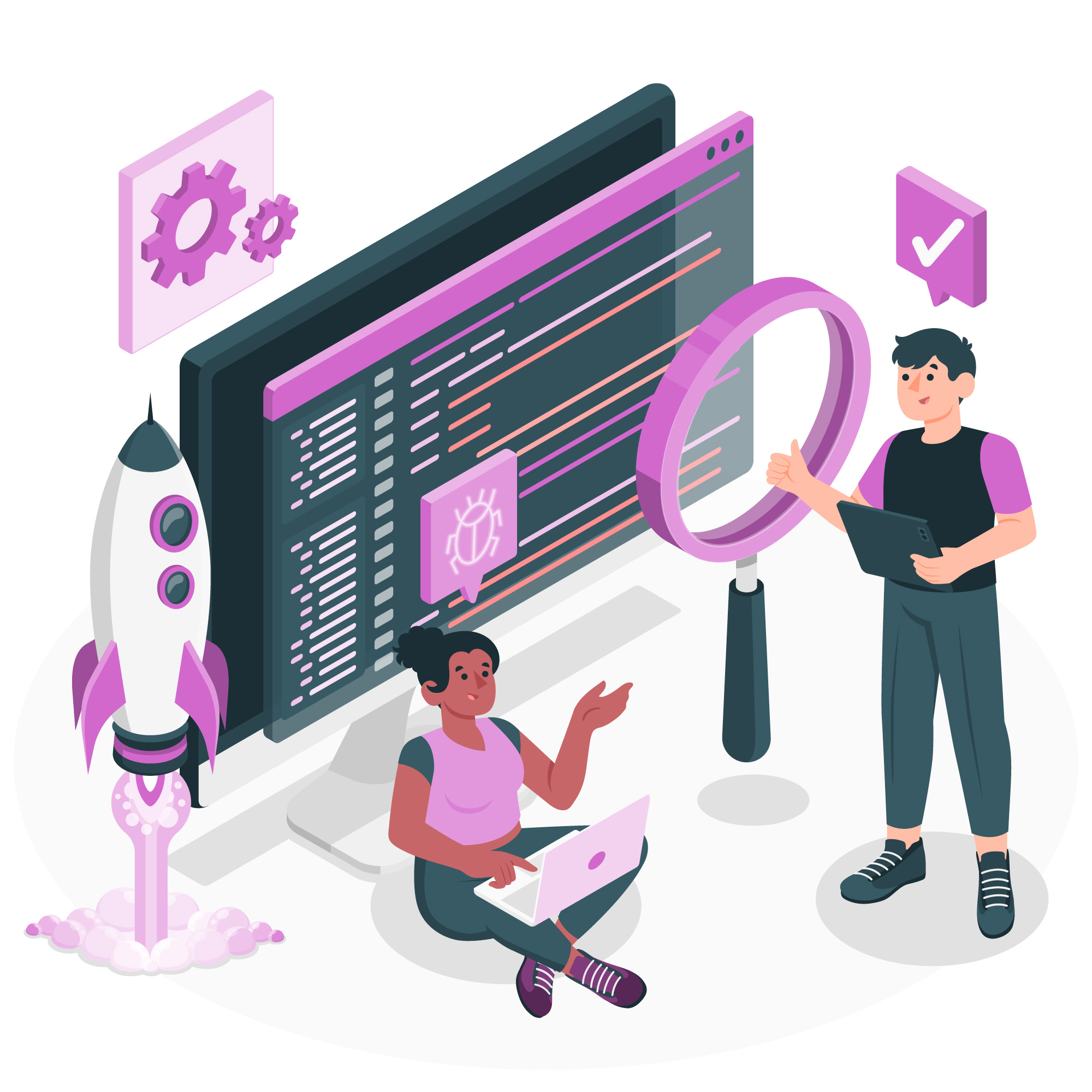

















 Industry Diversified
Industry Diversified 














